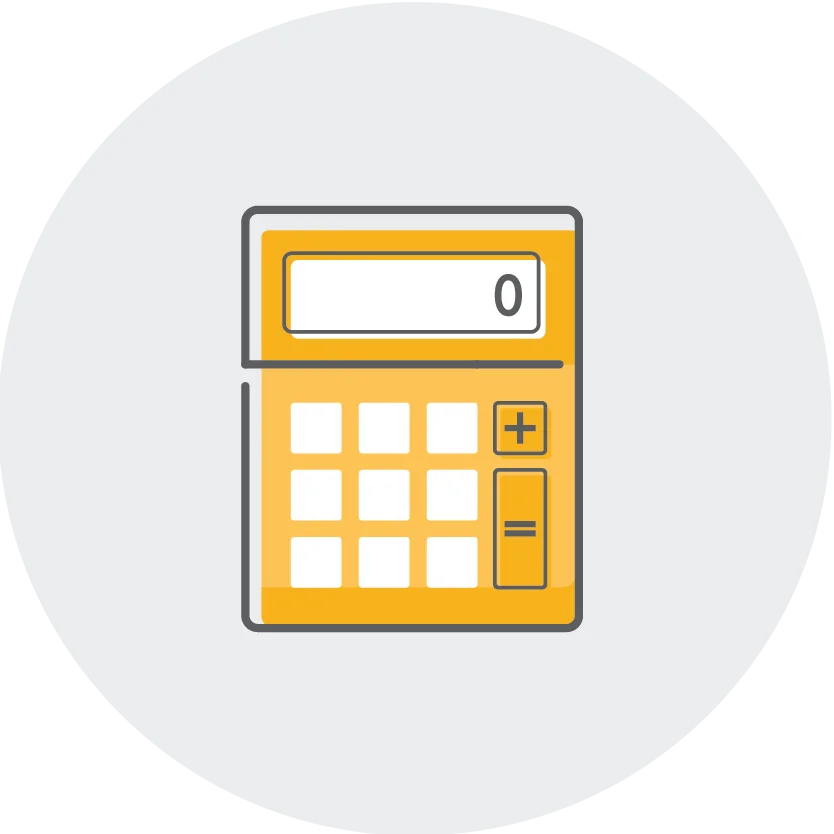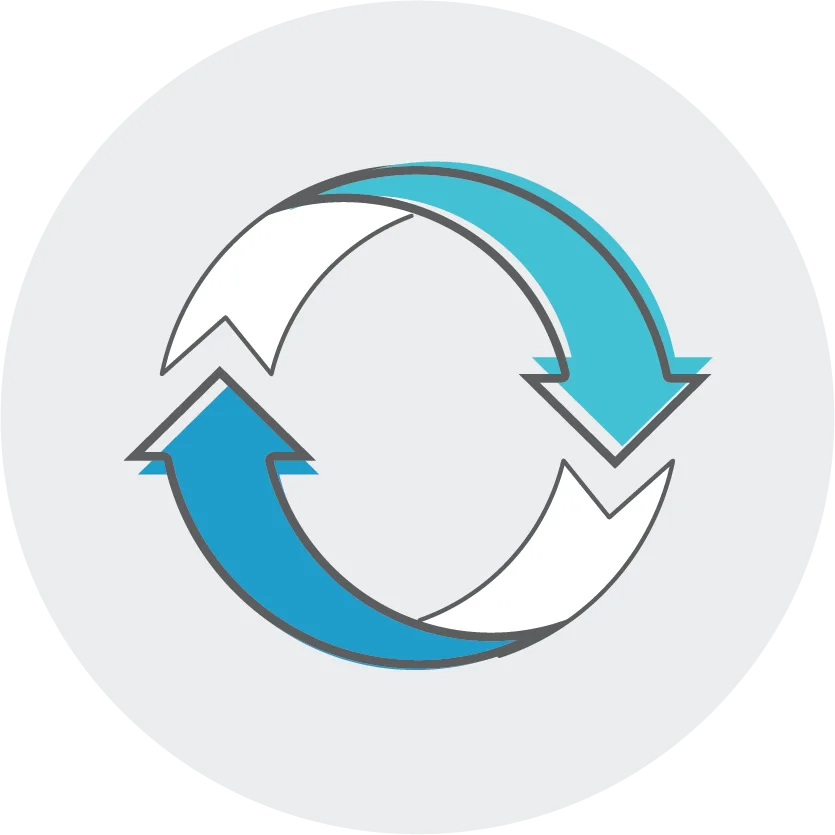Your home is more than just a place to live. It’s also one of your most valuable financial assets. For many homeowners, the real estate boom of the last decade has quietly transformed their greatest liability into their most powerful asset.
With over $35 trillion in home equity, U.S. homeowners are sitting on an enormous source of wealth, one that often goes untapped. While equity is typically tied up in the home itself, making it difficult to access without selling or borrowing, a growing number of homeowners are exploring new ways to convert that value into cash.
From traditional options like home equity loans and cash-out refinancing to more complex and less understood tools like home equity contracts, tapping into your home’s value can offer financial flexibility, but not without trade-offs. Understanding how these options work is key to making informed decisions about your financial future.
Equity Isn’t Just About Value—It’s About Leverage
At its core, home equity is the difference between what your home is worth and what you owe on it. But for seasoned homeowners, equity is more than a number—it’s a tool that, when used wisely, can fund generational wealth, pay off higher-interest debt, or even be leveraged into investment opportunities.
And thanks to a still-tight housing market, homeowners in 2025 are in a unique position. While property appreciation has slowed compared to the pandemic peak, most markets have remained resilient. According to Cotality (formally CoreLogic), the average homeowner gained over $20,000 in equity year-over-year as of late 2024. Even with interest rates remaining elevated, many homeowners still hold mortgage rates far below current averages, creating a financial situation among homeowners that have high home equity and low desire to sell.
Smarter Equity Strategies for Today’s Market
If you’re considering accessing your home’s equity, it’s crucial to understand why and how. Here are the most compelling—and sustainable—reasons homeowners are leveraging equity right now.
Investing in Your Property
Using equity to fund home improvements that increase market value or energy efficiency remains one of the most effective ways to ensure a return. Renovations like kitchen remodels, solar panel installation, or even building an ADU (Accessory Dwelling Unit) can turn your equity into added future value or passive income.
Consolidating High-Interest Debt
With credit card APRs hovering above 20%, using a home equity loan or HELOC to consolidate debt can offer significant interest savings. Just make sure it’s part of a larger financial strategy—not a bailout for ongoing overspending.
Seeding Other Investments
Some financially savvy homeowners use equity to jump-start a real estate portfolio, invest in a business, or diversify with low-risk investments. This isn’t for everyone, but under the right conditions, it can be a powerful move.
Financial Buffering
In uncertain economic times, establishing a HELOC can serve as a financial safety net. Even if you don’t draw from it right away, it can offer peace of mind and flexibility without immediately incurring debt.
Choosing the Right Home Equity Loan Product
Depending on your goals and risk tolerance, different equity-access tools may be a better fit.
Home Equity Loan
A fixed-rate loan with a lump-sum payout, ideal for predictable expenses like renovations or debt consolidation.
HELOC (Home Equity Line of Credit)
Offers revolving access to funds with interest-only payments during the draw period. Great for flexibility but can carry variable interest rate risk.
Cash-Out Refinance
Allows you to replace your existing mortgage with a new, larger one and take the difference in cash. Potentially useful if your current rate isn’t much lower than today’s.
Shared Equity Agreements
Still niche, but growing in visibility, these allow you to tap equity in exchange for a share of future appreciation. They require careful consideration and legal review.
Consider the Timing but Focus on Readiness
With mortgage rates still higher than most homeowners’ original loans, many homeowners are still in a strong position to strategically leverage their equity. With most holding onto rates well below current averages, the idea of refinancing or borrowing can seem counterintuitive at first glance. But when used wisely, tapping into home equity can unlock financial potential—especially when compared to costlier alternatives like high-interest credit cards or unsecured personal loans.
Take, for example, a homeowner who purchased in 2018 with a 3.5% fixed rate. Over the years, they’ve built up more than $150,000 in equity, thanks to regular payments and steady appreciation. Recently, they’ve been weighing whether to take out a home equity line of credit (HELOC) to fund a major kitchen remodel.
The project would not only increase their home’s value and energy efficiency but also make it more livable for their growing family. Rather than delay the project or rack up credit card debt, they decide to move forward with a HELOC, with a slightly lower rate than a typical credit card.
Get Professional Perspective Before You Act
Even financially savvy homeowners benefit from perspective. A mortgage professional can help you model out scenarios, compare products, and identify the smartest path forward—especially in today’s evolving market.
At Mutual of Omaha Mortgage, we’re here to help you turn equity into opportunity, responsibly and confidently. If you’re ready to explore your options, let’s have a conversation. Your equity is a powerful tool—make sure you’re using it wisely.










